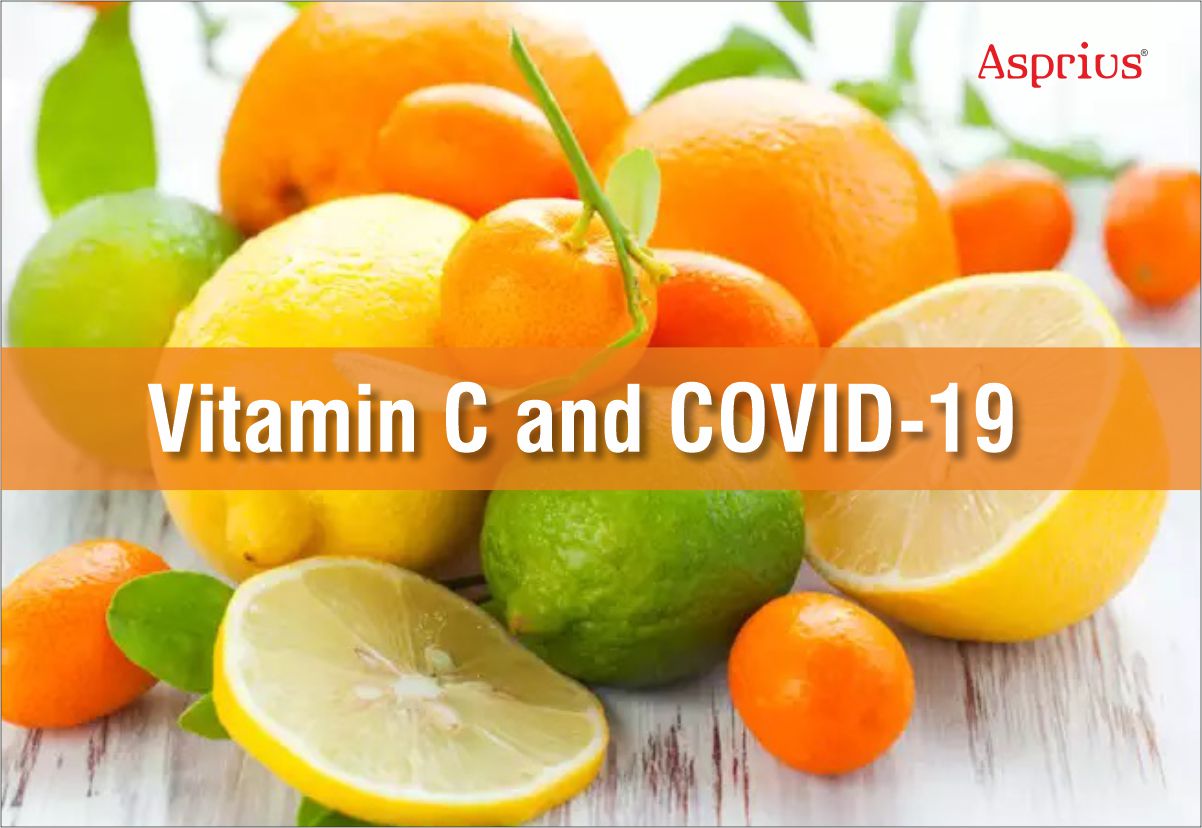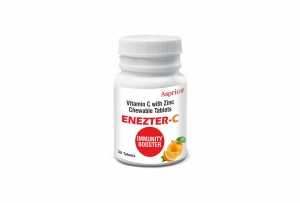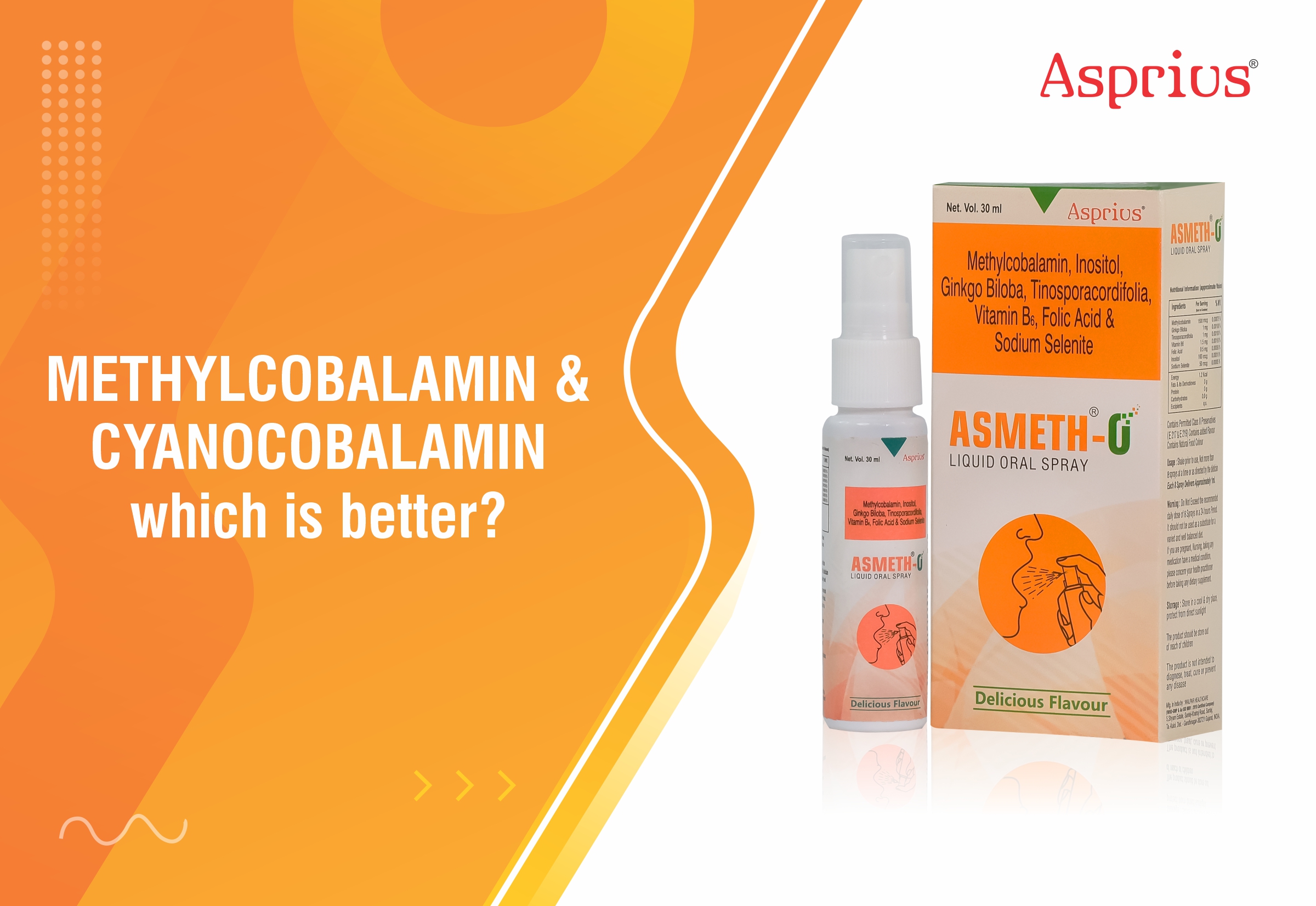
Dr. Sanjay Agrawal
Leading Pharmaceutical consultant and editor-in chief of IJMToday


Vitamin C is a water-soluble vitamin and is important in forming collagen- a protein that gives structure to bones, cartilage, muscles, skin and blood vessels.
Vitamin C plays an important role as a component of enzymes involved in the synthesis of collagen and carnitine, It acts as a reducing agent to maintain the enzyme prolyl hydroxylase in an active form, most likely by keeping its iron atom in a reduced state. The hydroxylation of proline and lysine in pro collagen is carried out by the enzyme prolyl hydroxylase using vitamin C as a cofactor.
It also helps maintain capillaries, bones, and teeth and aids in the absorption of iron. Vitamin C is the most potent enhancer of non-heme iron absorption. A study showed that iron absorption from non-heme food sources can be increased significantly with a daily vitamin C intake of at least 25 mg for each meal (estimated for 3 meals/day).
Vitamin C is a potent antioxidant because it can donate a hydrogen atom and form a relatively stable ascorbyl free radical. As a scavenger of reactive oxygen and nitrogen oxide species, vitamin C has been shown to be effective against the superoxide radical ion, hydrogen peroxide, the hypochlorous acid and singlet oxygen.
Get Some: Fruits
You probably know about oranges, grapefruits, lemons, and limes. But berries rock too – strawberries, raspberries, blueberries, cranberries. papaya, kiwi, pineapple, cantaloupe, plums, and watermelon are good sources. Even bananas, apples, and pears have some.
Eat them fresh and raw. Vitamin C breaks down over time when it’s heated.
Get Some: Veggies
Think green. Bell peppers are your big C winners. Load up on leafy greens too – kale, Swiss chard, collards, plus cabbage, and bok choy. Crunch into broccoli, cauliflower, and brussels sprouts. Don’t forget tomatoes, sweet potatoes, and winter squash.
If you really have to cook your veggies, stick with steaming or microwaving. These methods tend to keep more of the vitamin’s benefits.
Dynamic Duos
Vitamin C can help other nutrients work better. Put red peppers in your spinach salad. Slip some broccoli in your baked beans. Pair up strawberries with your oatmeal.
Prevent a Cold? Nope
Your immune system does need vitamin C to work right. But extra won’t help you avoid a cold. It may make it go away faster or not feel as bad – if you were taking it before you got sick.
Cell Service
Vitamin C helps you get rid of chemicals causing damage inside your body. It helps offset the effects of pollution, cigarette smoke, sunlight, radiation, and even helps turn food into energy. That could help keep things working better for longer and protect you from diseases, including Alzheimer’s and cancer.
Skin Game
Your body needs vitamin C to help it make bones, cartilage, skin and muscles (including your heart), ligaments, tendons and blood vessels. vitamin C is important for new skin and scar tissue when you get cut and to keep you from getting wrinkles.
Gets Your Brain in Gear
You need vitamin C to help carry signals from your brain all over your body. These affect your mood, memory, motivation, and how you feel pain.
Raises Your Sights
The vitamin A in carrots isn’t the only thing that’s good for your eyes. Vitamin C might slow age-related macular degeneration (AMD), but it won’t prevent the disease. C may also cut your risk of cataracts.
Vitamin C vs. the Big C
Very high doses, especially through an IV, may slow the growth and spread of cancer cells. In some case it can help chemotherapy and radiation work better. It may help you feel better and have fewer side effects too, but be careful. It can also make treatments less effective.
Good for Smokers
When you smoke, you’ll have lower levels of vitamin C in your body. Try to get a little extra every day to make up for it.
People who are around smokers are also affected and could use more vitamin C too.
Amount of Vit. C should be taken
Most people who eat a variety of vegetables and fruits daily get more than enough vitamin C from their diet.
If you want to take a supplement, look for the inexpensive ascorbic acid form. For prevention vit. C 500 mg should be taken twice in a day (1000 mg ) for long duration. Specially in COVID-19 1000 mg twice in a day .
Vit. C is very important as a preventive vitamin against COVID due to its alkaline in nature after metabolism. COVID virus cannot sustain in alkaline medium.




